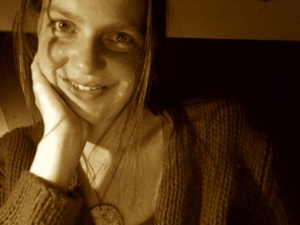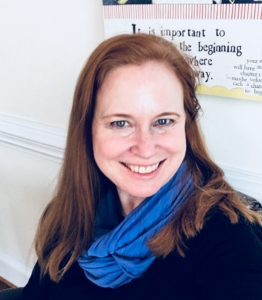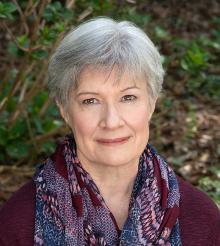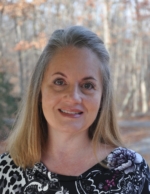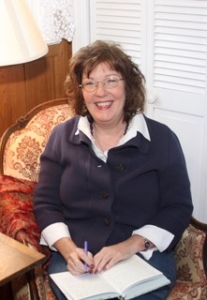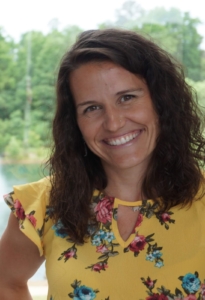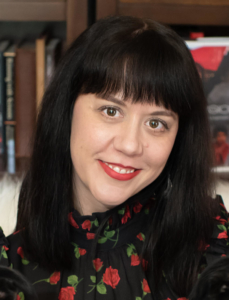Understanding the Three Act Structure
What is the three-act structure, really?
 Most stories are this: a character takes a journey of change.
Most stories are this: a character takes a journey of change.
Let’s take this one level deeper. At the start, there is something internal the story’s protagonist must learn (such as overcoming an original wound or dispelling a misbelief). The story provides an external problem that forces them to confront their internal need.
Experienced novelists (and screenwriters, playwrights, and memoirists) share a secret: stories recount this journey using the same basic structure. And while there are many ways to skin this cat (including the construct called “Save the Cat”), its essence is the three-act structure.
ACT 1
- Setup: Establish the protagonist, their everyday life (the ordinary world from which they will depart), and their inner desire, wound, or misbelief.
- Inciting Incident: An event forces a change in the character, setting their adventure in motion.
- Plot Point One: The protagonist accepts the challenge and crosses the point of no return.
ACT 2
- Rising Action: The protagonist encounters roadblocks, and allies and enemies, on the way to achieving their goal.
- Midpoint: The protagonist faces their biggest challenge, which threatens to derail their mission.
- Plot Point Two: The protagonist — who has so far been reactive — makes a choice to become proactive.
ACT 3
- Crisis: As the protagonist faces their final challenge, it would seem that all is lost.
- Climax: The protagonist manages to overcome whatever is holding them back. They triumph over the antagonist (or antagonistic forces).
- Denouement: Our hero returns to their previous life, having changed — with their ordinary world having been changed, too. Loose ends are tied up and tension is released.
Think of these nine bullet points as essential scenes or story beats. Consider them to be your guides for a novel, memoir, screenplay, or stage play — a writing journey that is worth the trip, and after which you, too, will be changed.
ABOUT PAUL: Charlotte Lit co-founder Paul Reali is a writer and editor, and co-lead of Charlotte Lit’s Authors Lab. He is the author of Creativity Rising, and editor of more than a dozen books and journals on the subject of creativity. His writing has been published in the Winston-Salem Journal, InSpine, Office Solutions, and Lawyers Weekly, among others. His fiction has won the Elizabeth Simpson Smith and Ruth Moose Flash Fiction competitions, and he received a Regional Artist Project Grant from Charlotte’s Arts & Science Council in 2018. Paul has an M.S. in Creativity from SUNY Buffalo State, where he also the managing editor of ICSC Press.
LEARN ABOUT NOVEL WRITING. Join Paul Reali for Novel Structures, Tuesday, March 15, 6-8 p.m., or work intensively with Paul and Meg Rich in the 4-week mostly-asynchronous studio, Novel Jumpstart, beginning April 3. More information here.

